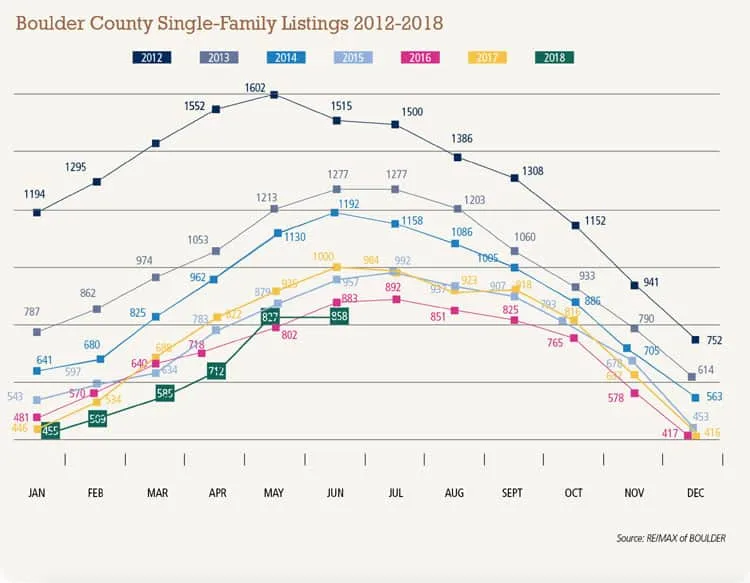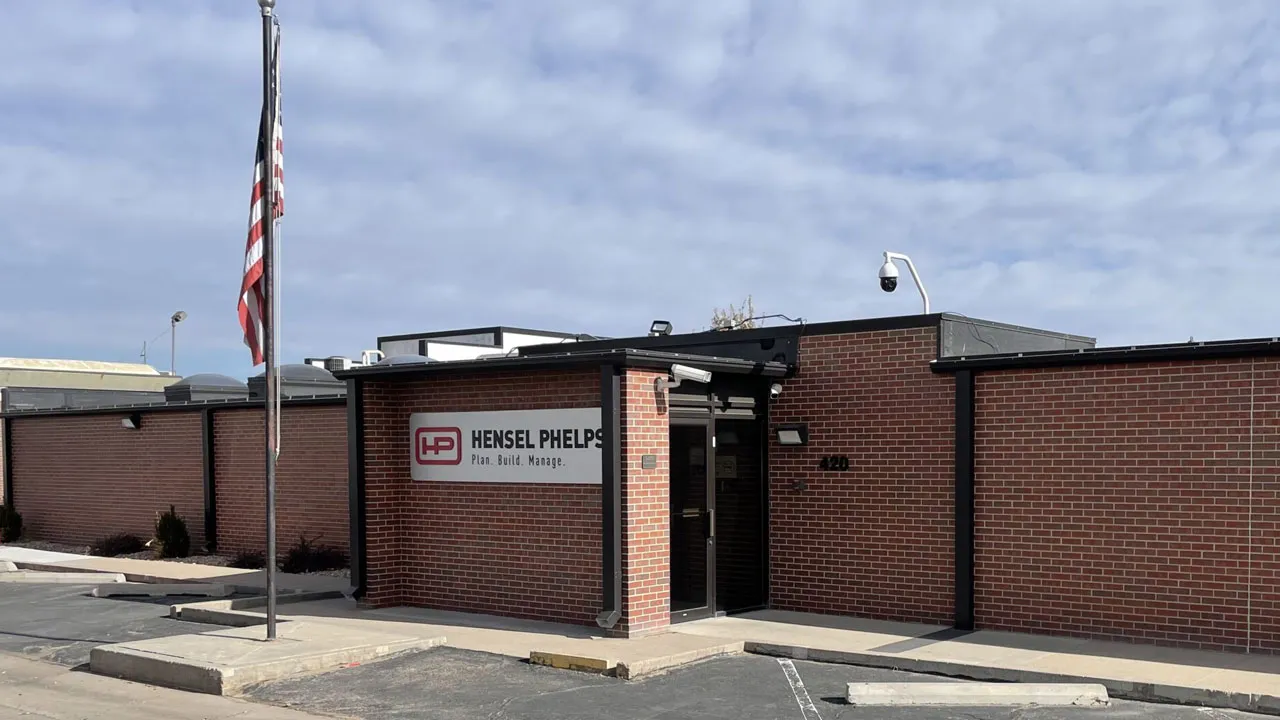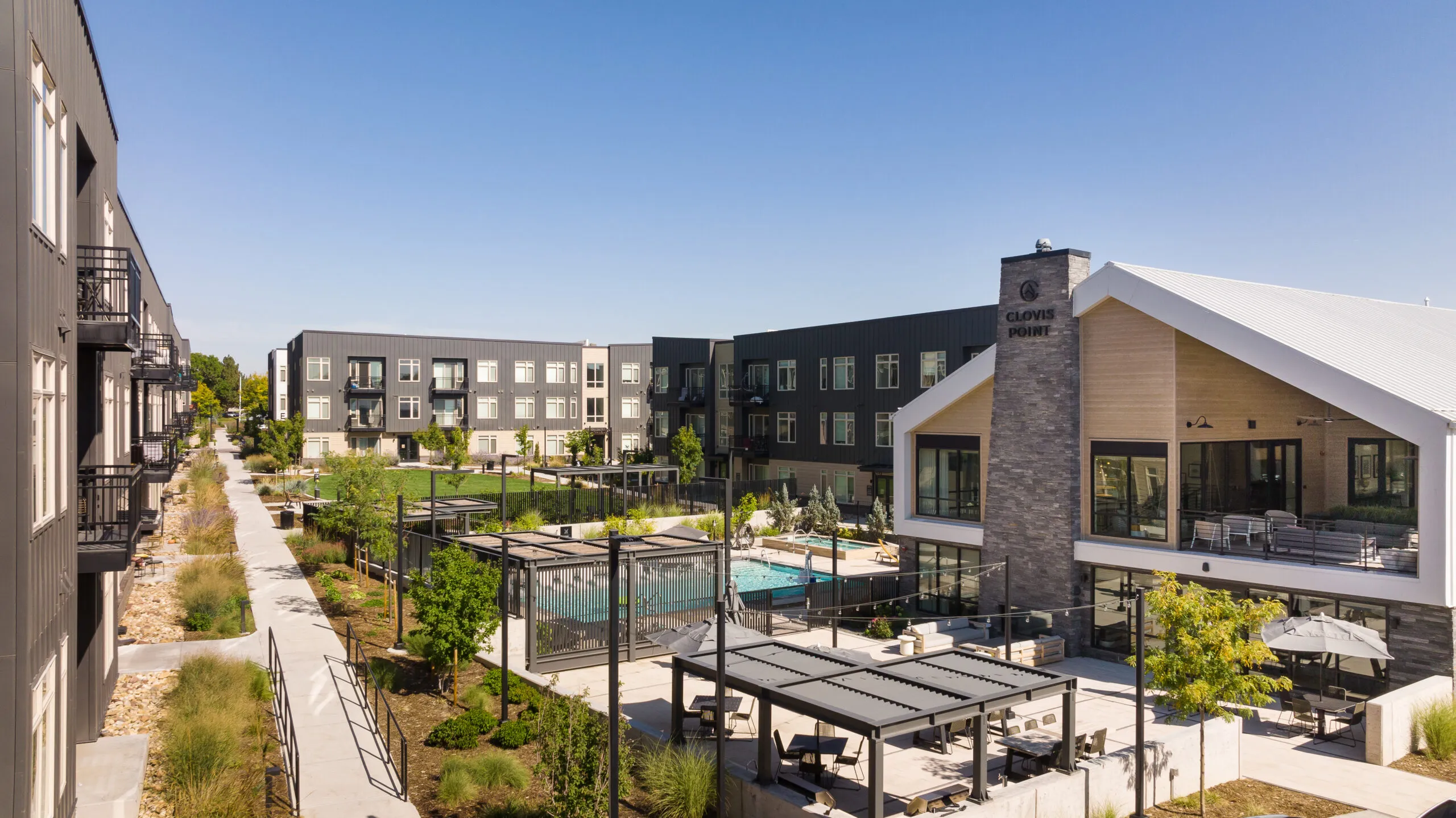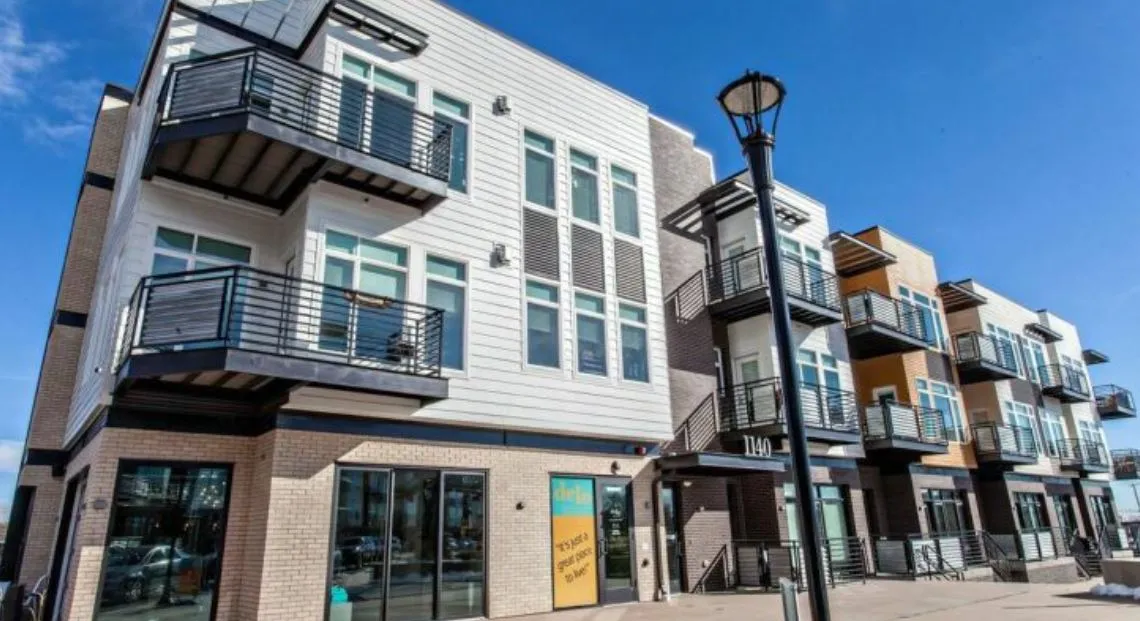Boulder valley real estate: Parsing fact from ‘fake news’

In this day and age, one could be forgiven for wondering if facts no longer matter or actions no longer have consequences. Whether one watches the national news or a local city council study session where members declare that they want fewer visitors (both tourists and locals from neighboring cities), it is clear we are living in strange times.
Despite all of the uncertainty, there are still a few facts left out there (at least where real estate is concerned), and from them we can draw some reasonable inferences.
The Facts:
1. Home prices throughout Boulder Valley are reaching all-time highs.
At the top of the list, the average single family home in:
- Boulder now costs over $1,250,000
- The suburban plains now costs almost $850,000
- Louisville and the suburban mountains now cost over $750,000
- Boulder County now costs $767,000
- Likewise, the average attached home in:
- Boulder now costs over $540,000
- Louisville now costs over $400,000
- Longmont now costs over $350,000
- There are no places left in Boulder County or Broomfield where the average condo is less than $340,000.
2. Local housing inventory is at historic lows
The inventory of homes throughout Boulder County is at or near historic lows..
At the end of June, there were 858 single family homes on the market in Boulder County. To add some perspective, the inventory of homes on the market at the end of June 2006 was 2,763, more than three times as many homes as there are now. There are many reasons for this, including the fact that people are choosing to stay in place longer, increasing prices/lack of affordable places to move to, strong anti-growth policies, etc. Looking at the economic, political and structural factors at play, it appears that this scarce inventory is going to be the new normal.
3. Despite the high prices and low inventory, demand remains high
We gauge the strength of demand for homes using several indicators, including months’ of inventory, the average time a home spends on the market, and the number of expired listings (homes that failed to sell on the market).
Economists say that a balanced housing market has about six months’ of inventory, with more inventory being a buyer’s market and less being a seller’s market. At the end of June, Boulder County had about 3.3 months’ of inventory, compared to 3.8 at this time last year. In the first half of 2016, the average home spent 65 days on the market (from listing to closing). So far this year, that average is 57 days, 12.3 percent faster. Last year at this time, there were 33 expired listings, compared to only 26 this year, which is a drop of 21 percent.
Taken together, these factors demonstrate that demand is getting stronger, even in the face of rising prices and declining choices. And when you consider net migration to our area and plentiful jobs, it also appears that demand will keep increasing and homes will continue to appreciate until . . . when?
What is it that will cool our market and when will it happen?
There are several issues that have the potential to slow our market. First, interest rates continue to rise and as they do they will drain buyers’ purchasing power. Second, as prices have risen faster than wages over the last decade, there may come a point where home prices have to stall in order to allow buyers’ savings to catch up. Third, a macro-level event, such as a recession, international war, etc., could cool the entire economy and affect our market.
The set of variables is too complex to predict accurately what the precise cause(s) will be or when it will come, but it will come. The good news (if you own real estate here) is that there is no better place to invest in real estate than here — even in a downturn.
Jay Kalinski is broker/owner of Re/Max of Boulder.
Boulder valley real estate: Parsing fact from ‘fake news’




